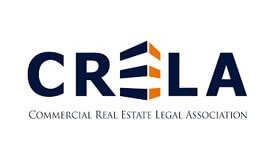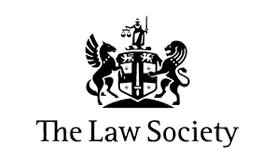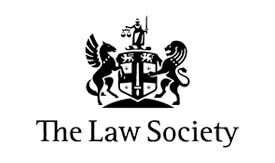Freedom of speech
The freedom of speech laws within the UK are based off of Article 10 of the Human Rights Act, which states that “everyone has the right to freedom of expression”. However, the law also states that this freedom “may be subject to formalities, conditions, restrictions or penalties as are prescribed by law and are necessary in a democratic society”, which then beckons the question as to when these exceptions apply.
It is generally understood that the freedom of expression contains the right to seek, receive and impart information and ideas of all kinds, by any means, though other definitions can also be applicable depending on the nature of who it concerns specifically. A good example of this is the case of Reynolds v Times Newspapers, which explains freedom of expression in terms of the public interest ‘in receiving and imparting information in the context of a democratic society’
Defamation
Defamation concerns itself with spoken or written statements about others that are not true. The UK has approached the offence as a civil action within the UK, as it used to be criminal law but the UK revoked it due to it being deemed as unnecessary in the modern legal system. The last legislation that has greatly overhauled its legal definitions and applicability was the Defamation Act 2013, which has mainly codified the already existing common law around the action of defamation, but has also included its own set of clarifications on how it should be applied.
The differences between them
Seeing that freedom of speech protects the right to express yourself, and defamation arguably punishes one of the many existing forms of expression, it is easy to see why the two may be at odds with each other. Luckily lawmakers have tried to separate the two and make the line between freedom of speech and defamation as clear as possible for the general public.
For example, it has commonly been argued that defamation can be used as a tool to crack down on freedom of speech by chilling the criticisms made towards different businesses and individuals by academics and investigative journalists. As of now these sources of information receive a special privilege due to the nature of their work regarding free speech and defamation against different companies and institutions that they might critique or accuse. A lot of this can be attributed to the case of Reynolds v Times Newspapers, which helped flesh out existing media qualified privileges that are available to academia and news media.
For everyone else, there is still a clear boundary set in place as to when they might commit the action of defamation. Since the UK aims to preserve the freedom of speech by removing its criminality, the civil offence remains as a way to protect reputational damage to individuals and businesses. Therefore, the main aspect to pay attention to here is the fact that ‘serious harm’ with reference to real world facts must be proven to have been caused by the defamatory statement for a defamation claim to apply, as per section 1 of the Defamation Act 2013 which was set out to specifically address the importance of protecting the freedom of speech by clarifying the importance of needing to prove serious harm.
Should you require any additional information in relation to Commercial Debt Recovery then please get in touch at [email protected] or call us on 0330 127 8888 and our team will be more than happy to help.
















